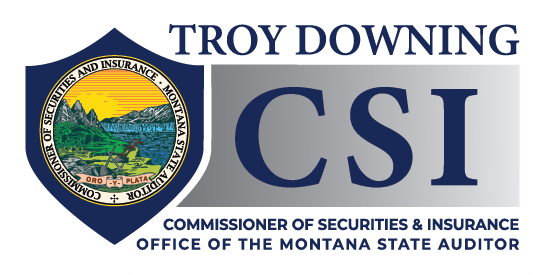A new model act from the North American Securities Administrators Association (NASAA) would act as a guide for states to pass their own legislation or regulation creating “restitution assistance funds” for victims of securities violations who have not been paid.
The “Model Act to Create a Restitution Assistance Fund for Victims of Securities Violations,” proposed last July, was approved by NASAA’s membership and can be amended depending on the specifics of the state considering it. The model act would cap restitution at either $25,000 or 25% of the amount of the unpaid restitution, depending on which total is lower. The model act would also double restitution awards for certain victims when they are considered “vulnerable persons,” with criteria including the age of the victim. Among other things, the act offers language to set up a fund and clarify eligibility requirements.
“State securities regulators are focused on protecting the interests of investors, and this model act provides states with one more tool to help securities fraud victims on their way to financial recovery,” said Lisa A. Hopkins, NASAA president and West Virginia senior deputy securities commissioner.
There currently are several states with similar legislation, including Montana, Indiana, Vermont, Kansas and Maine. Both Montana and Indiana have had legislation in place for about a decade, with Indiana offering about $1 million in restitution assistance during that time to 102 victims, while Montana has awarded 134 victims about $1.8 million.
NASAA’s model act was largely based on Montana’s legislation, according to Lynne Egan, Montana deputy securities commissioner and the head of NASAA’s board-level state legislation committee, which crafted the new model. The new act clarifies that the jurisdiction adopting it can specify its own funding source (the Montana legislation draws funds from the fees investment company issuers pay to conduct business in the state), and it was not designed to pertain to restitution awards granted in arbitration. Egan said NASAA solicited interest from other states and received positive feedback.
“I’ve shared our information with lots of states. It’s a great way … for the legitimate industry to step up and help support ways to help victims of the illegitimate industry,” she said. “I envision many states adopting this model act.”
The Montana law passed during the 2011 legislative session, with an average payment made to claimants at about $13,900, according to Montana State Auditor Troy Downing; while many losses were in the $20,000 range, Downing said some reached higher than $500,000. Downing stressed that the state’s fund could not provide full restitution (also true for the model act), but that the average per claimant was 14% of what they were owed.
“The problem is sometimes these fraudsters and bad actors are delinquent, or they don’t have assets that are collectible or don’t have assets we can find. Sometimes they end up in prison, they don’t have any ability of generating income in the future” he said. “There’s all these reasons. We will go after assets when we can, but sometimes there just aren’t assets to go after.”
But Downing and Egan stressed that even partial restitution could be impactful, with Egan recalling a 101-year-old victim of a securities violation who was going to be evicted from her nursing home because of an inability to pay; restitution assistance funds helped the woman avoid that. Downing estimated Montana alone, with a population of just over 1 million, had more than $1 billion in fraud over the past four years.
“We don’t have the capability to make them whole, but when you’re dealing with someone who has found themselves destitute or in really bad situations because of being victims of these bad actors, at least it’s something to help them get by,” he said.
Unpaid arbitration awards also remain an issue for agencies like FINRA; in 2018, 30% of cases with awarded damages had at least some of those damages go unpaid. That same year, FINRA awarded $92 million in damages, $31 million of which went unpaid. Additionally, the agency has also released lists of firms and advisors that did not pay restitution, and between 2012 and 2016, it suspended 154 brokers for failing to pay arbitration awards. The agency continues to update a list of firms or brokers that have unpaid customer arbitration awards, and also completed a 2018 report with extensive data tracking the frequency of unpaid arbitration awards.
Last year, the Securities and Exchange Commission approved a FINRA rule that would help victims of securities violations by amending the Code of Arbitration Procedure for customer disputes to allow investors to move arbitration cases to the court system if the accused brokerage firm becomes inactive or declares bankruptcy during the proceeding.
Was this helpful?
Please give us your feedback!
Please let us know how we could improve this article.
